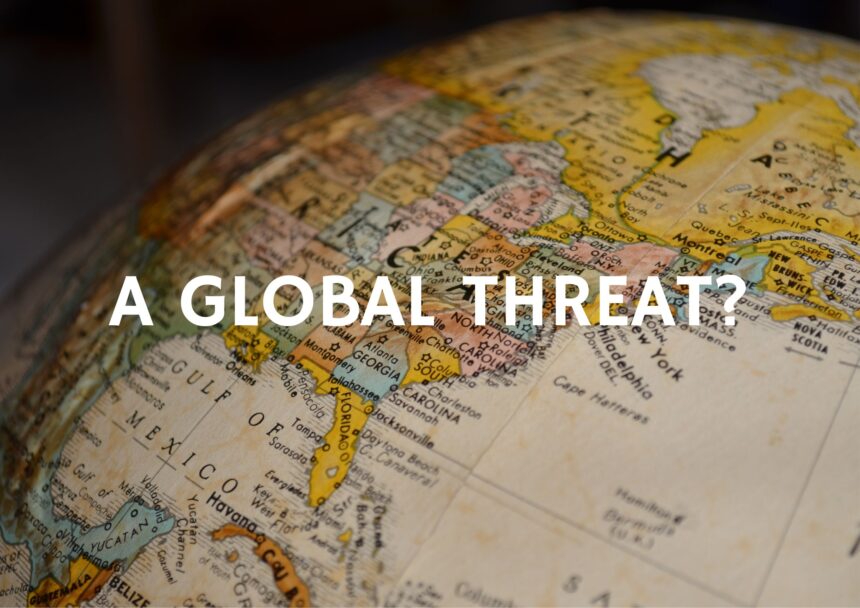The United States launched airstrikes on Iran on 21 June, 2025, targeting its nuclear facilities at Fordow, Natanz, and Isfahan, intensifying the Israel-Iran conflict, which is in its second week today. The U.S. operation, which U.S. President Donald Trump labeled as a decisive blow to Iran’s nuclear program, triggered polarized global reactions, with some nations commending the strikes and others warning of the inevitability of a broader conflict, potentially branching into World War III.
US Intervenes In Israel-Iran War: Global Concerns On The Rise
Israel hailed the U.S. attacks as a “game-changer,” with Prime Minister Benjamin Netanyahu reaffirming alignment with Trump’s hardline policy. Allies like the United Kingdom and Australia welcomed the attacks, albeit with caution, acknowledging Iran’s nuclear threat but calling for de-escalation, with U.K. Prime Minister Keir Starmer and Australian Foreign Minister Penny Wong urging for diplomatic solutions.
On the contrary, Iran’s allies—Russia, Venezuela, and Cuba—denounced the U.S. actions. Russia’s Dmitry Medvedev accused Trump of abandoning diplomacy, while China offered to mediate, calling for an immediate ceasefire. The U.N., led by Secretary-General António Guterres, warned of a “catastrophic spiral,” pushing for urgent peace talks to avert the looming crisis and further chaos.
Pakistan called for restraint to avert a broader regional conflict. Foreign Minister Mohammad Ishaq Dar released a statement on X, condemning US actions, which undermine Iran’s sovereignty and threaten to destabilize the Middle East.
The threat of World War III hangs over the horizon as Iran contemplates striking back at U.S. and Israeli targets, using proxies like the Houthis or Iraqi militias to hit Red Sea shipping or target U.S. bases. The Iranian Parliament’s vote on June 22 to consider closing the Strait of Hormuz, though awaiting Supreme Leader Ali Khamenei’s approval, has raised concerns, with experts estimating a potential 30–50% spike in oil prices if the strait is blocked.
Former CIA Director Leon Panetta warned that U.S. strikes could ignite a prolonged war, a concern echoed by analysts noting the risk of Russian or Chinese involvement. However, experts like Gregory Brew argue Iran is unlikely to act on these threats, as it relies on the strait for its own oil exports to China, and a blockade would provoke U.S. and Gulf Cooperation Council (GCC) military responses. The E.U., Japan, and Qatar push for diplomacy, but the failure of U.S.-Iran nuclear talks and ongoing strikes paint a grim future, leaving the world bracing for a potential global conflict.


Leave a Reply